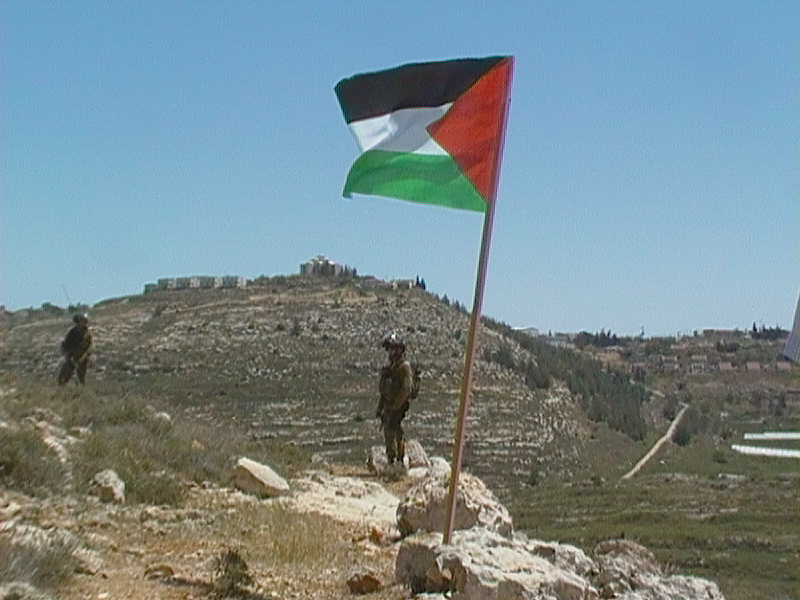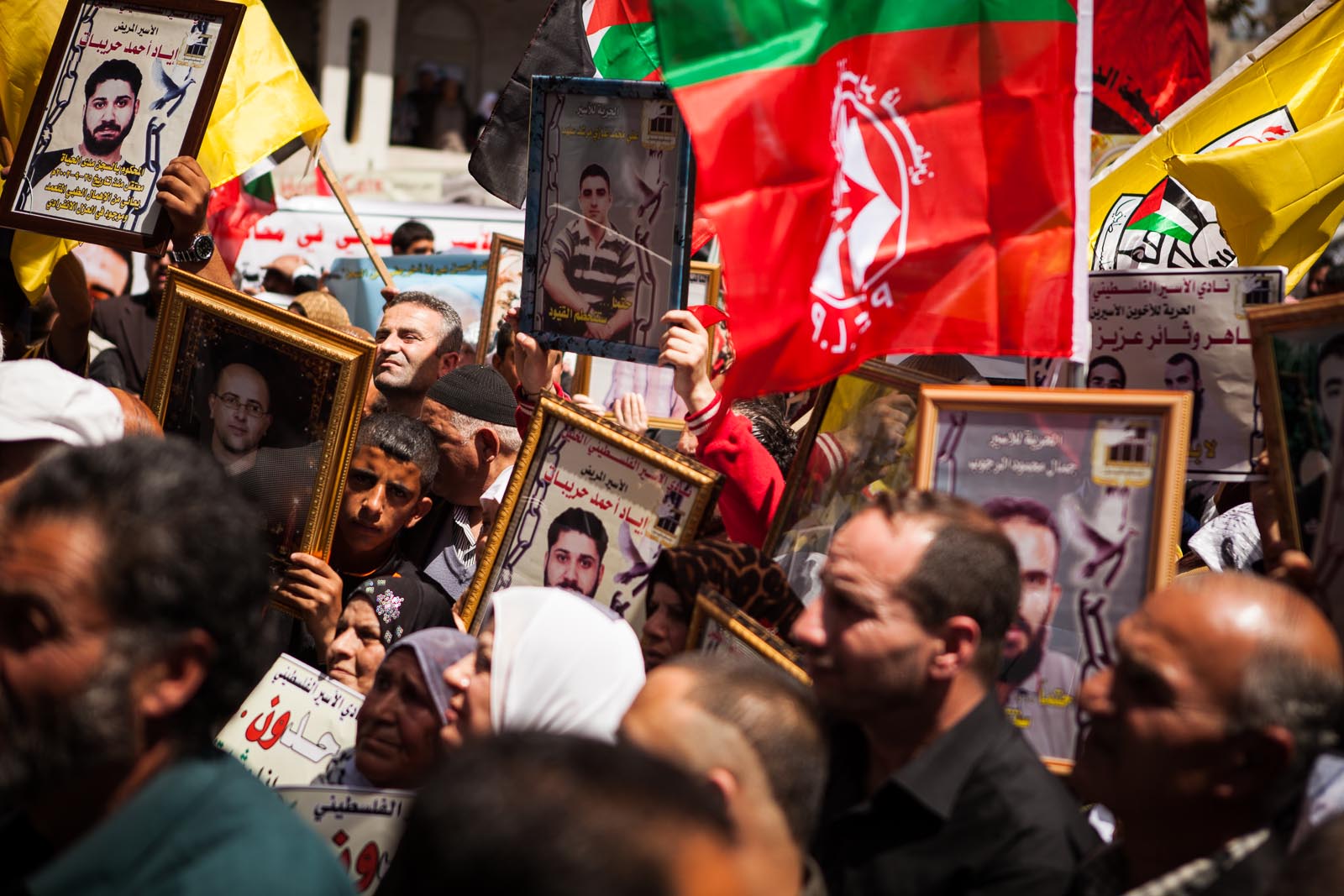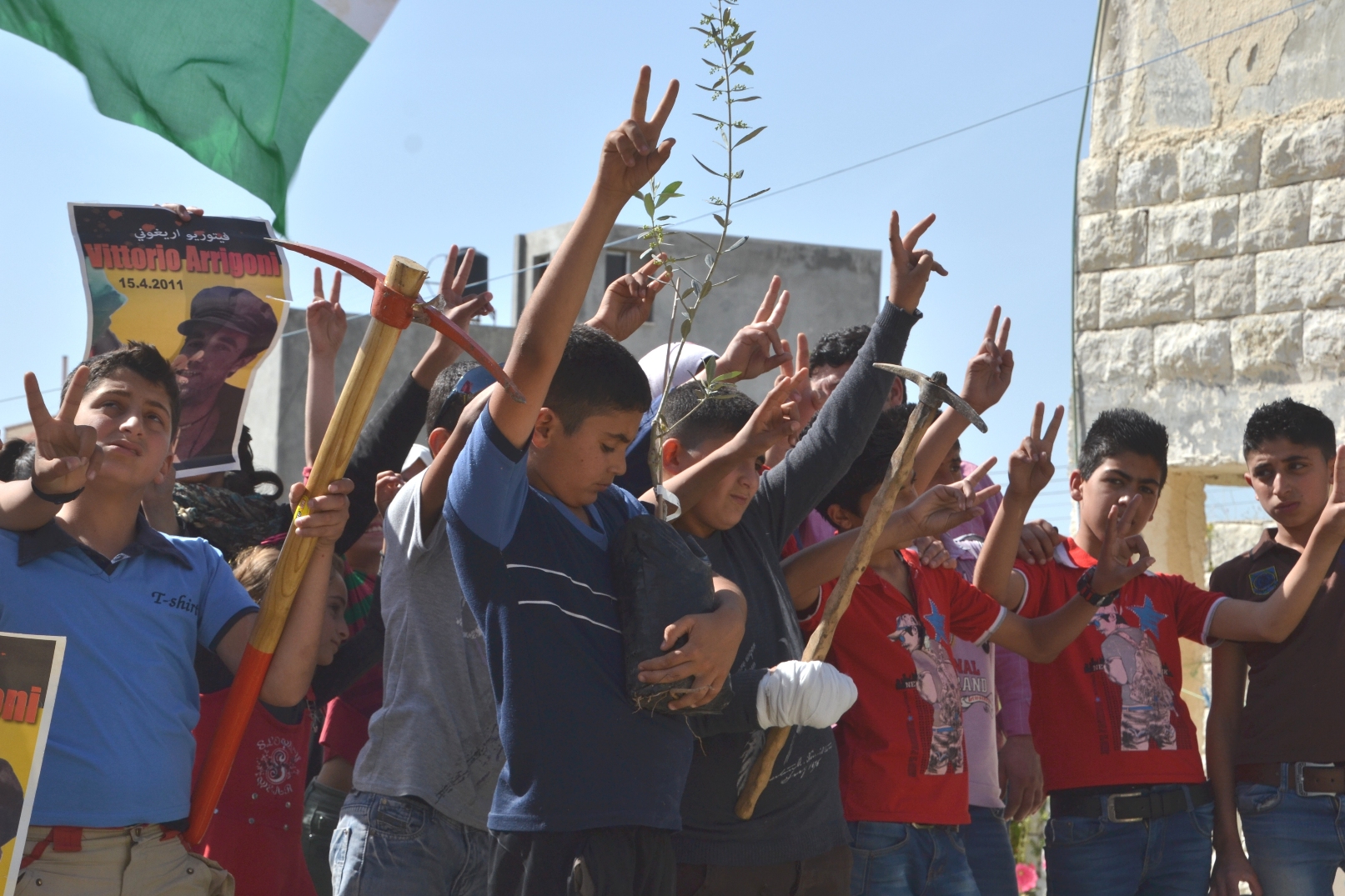Category: Reports
-
“A message of peace” from the village of Qaryut met with violence from the Israeli army
19th April 2014 | International Solidarity Movement, Nablus Team| Qaryut, Occupied Palestine The people of Qaryut began weekly demonstrations three weeks ago, due to the Israeli military’s decision to close the main road near to the village. Yesterday, the 18th April, approximately 300 from the village, of which 100 were children, decided to come to…
-
Jewish holiday increases violence in Hebron
17th April 2013 | International Solidarity Movement, Khalil Team | Hebron, Occupied Palestine Pesach, or Passover, started Monday 14th April and is a seven day long holiday where many zionist tourists and settlers from illegal settlements travel to al-Khalil (Hebron). Increased violence and attacks towards Palestinians occurs during many Jewish holidays. During the holiday, entry into historic Palestine…
-
An area of land and an olive tree planted in Asira, in memory of Vittorio Arrigoni
17th April 2013 | International Solidarity Movement, Nablus Team | Asira, Occupied Palestine On the 16th of April, the children of the Retaj Centre for Women and Children in Asira planted an olive tree on a piece of land which has been named after Vittorio Arrigoni. This symbolic act was made to remember the Italian volunteer killed…



